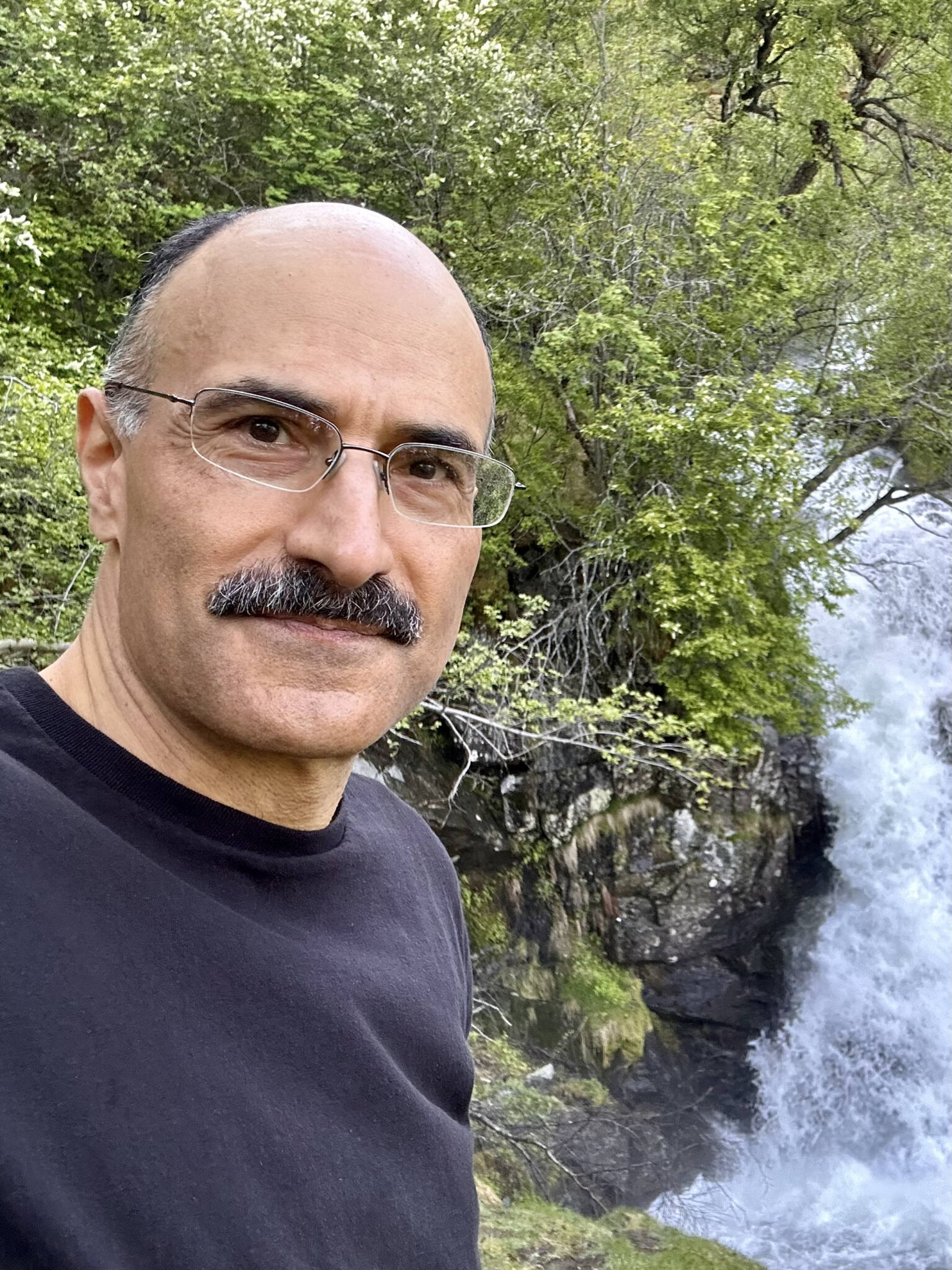
A Poetics of Postmourning: Elegy and the Caribbean
Jahan Ramazani, University of Virginia
Fri, 3/1 · 4:30 pm—6:00 pm · 105 Chancellor Green
Department of English, Bain Swiggett Fund

Whereas the historical trauma of the Middle Passage and enslavement has been a prominent subject of Caribbeanist scholarship, there is surprisingly little sustained consideration of how poems and other imaginative works mourn this violent past, even though melancholic grief is a crucial component of the literary response to it. Building on the concept of “postmemory” for the transgenerational aftereffects of trauma, this talk proposes the overlapping concept of postmourning for the grief transferred to later generations and enacted in their creative work, such as elegies for the historical losses of transatlantic slavery and more intimate losses shadowed by this primordial, collective grief.
Jahan Ramazani is University Professor and the Edgar F. Shannon Professor of English at the University of Virginia. His books include Poetry in a Global Age (2020), Poetry and Its Others: News, Prayer, Song, and the Dialogue of Genres (2014), A Transnational Poetics (2009), winner of the Harry Levin Prize of the American Comparative Literature Association, and Poetry of Mourning: The Modern Elegy from Hardy to Heaney (1994), all from the University of Chicago Press. He is editor of The Cambridge Companion to Postcolonial Poetry (2017), coeditor of the most recent editions of The Norton Anthology of Modern and Contemporary Poetry (2003) and The Norton Anthology of English Literature (2006, 2012, 2018, 2024), and associate editor of The Princeton Encyclopedia of Poetry and Poetics (2012). Elected to the American Academy of Arts and Sciences in 2016 and the American Philosophical Society in 2022, he is a recipient of a Guggenheim Fellowship, an NEH Fellowship, a Rhodes Scholarship, the William Riley Parker Prize of the MLA, and an honorary doctorate from Aalborg University, Denmark.
Co-sponsored by the Department of English, Bain Swiggett Fund, University Center for Human Values, the Humanities Council, Department of Comparative Literature, Department of African American Studies, and IHUM.















